#WeAreEmoryEPI: Meet Andres Miller!
Category : #WeAreEmoryEPI
Meet Andres Miller! He is a second-year MPH Candidate in Global Epidemiology with various research interests nurtured through his experiences and time at Rollins! Andres shared with us some of his experiences.
Tell us about your academic history/where you went to school.
I attended Rhodes College in Memphis, Tennessee. While there, I majored in Biology and minored in Urban Community Health.
What are your primary research interests?
My research interests are varied but centered around understanding the social and neighborhood dynamics that drive inequitable health outcomes in historically marginalized communities. I am particularly interested in chronic disease surveillance and translating epidemiologic methods into action to directly impact people.
Are there any exciting projects that you are currently working on that you’d like to share with us?
I am working on a project highlighting methodologies and measurements used to approximate structural racism to benefit researchers exploring these topics. More recently, an old colleague has reached out to collaborate on building a small community assessment exploring adverse childhood experiences (ACEs) and educational outcomes for children in South Memphis. Although it is still in the works, I am excited to apply some of the tools I’ve learned in study design through my coursework to benefit communities similar to those that shaped me!
What is your favorite part about earning your MPH at Emory?
The collaboration! Emory has an extensive reach, and I appreciate the willingness of faculty and staff to get students involved in research and practical opportunities.
When applying, what were you looking for in a public health school, and what factors drove you to pick Rollins?
The biggest thing that stuck out to me was the access to the extensive network of Emory/Rollins alumni doing amazing things in the field of public health. I have worked as a public health professional in work and through travelling, and I was always struck by the care and intention I saw in Rollins graduates. Also, as an alumnus of the National Service, it felt great going to a place that invests in and recognizes the diverse perspectives that come from engaging in deep, meaningful service to your community.
What has been your favorite class at Rollins thus far, and why?
I would have to say EPI 542 (Epidemiology of Tuberculosis), which is a 7-week class. It was an excellent opportunity to hear from leaders–who are actively working in the field–share their experiences addressing outbreaks and scientific advancements. Being able to walk through a real-life case study with the CDC Tuberculosis Response team and asking them questions about their career paths did a lot for me. It really helped me visualize what my future career paths might look like!
How have you been spending your free time?
Free time? What do you mean?
But seriously, I enjoy making music in my free time, and I have had the opportunity to be in community with fellow students on the weekends. I am also a nature nerd and am all about the outdoors. Sometimes, I’ll hit the trails around Atlanta and randomly identify birds.
Do you have any advice for anyone looking for prospective public health students?
Public health is for everyone! No matter what experiences you may have had in your professional and academic life, your voice, skills, perspectives, and passions can provide valuable insight into the field.
What advice do you have for 1st years?
Don’t be afraid to ask questions. I know we may have been conditioned for years to appear like we have all the answers, but science is all about knowing what you don’t know and being unafraid to admit it!
What are three fun facts that you want people to know about you?
- I am multilingual. I speak 3 to 4 languages.
- I once recorded a gospel album.
- After the World Series last year, [NBA legend and television personality] Charles Barkley once bought me a drink (along with the rest of the bar).
Thank you for talking with us, Andres! We can’t wait for everyone to see who we talk to next!
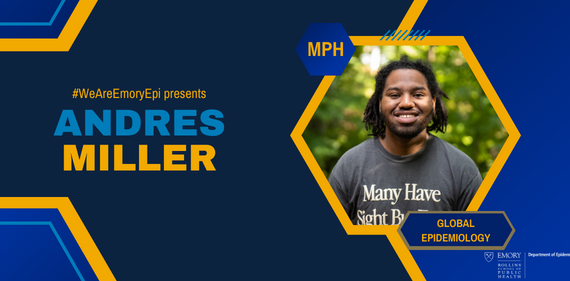
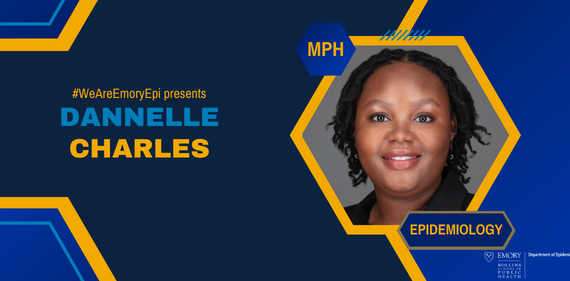
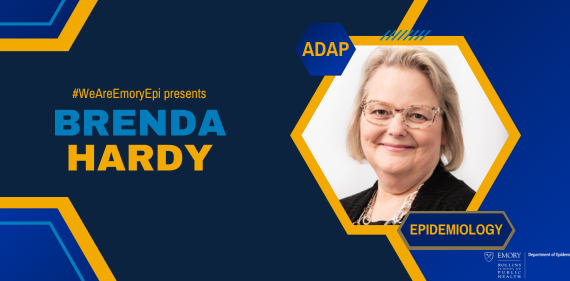
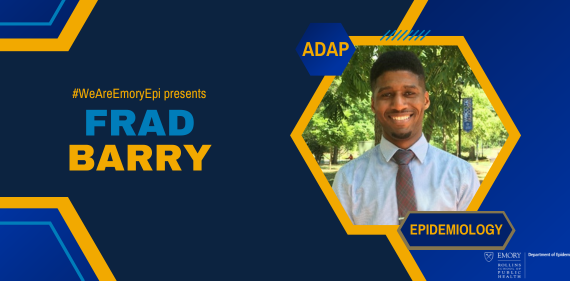
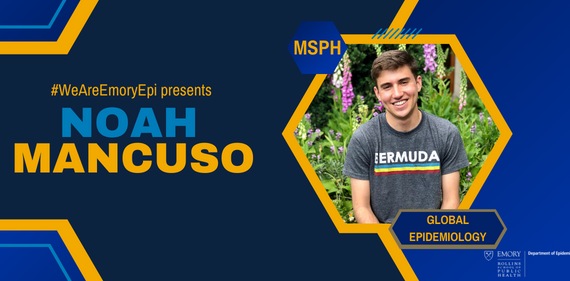
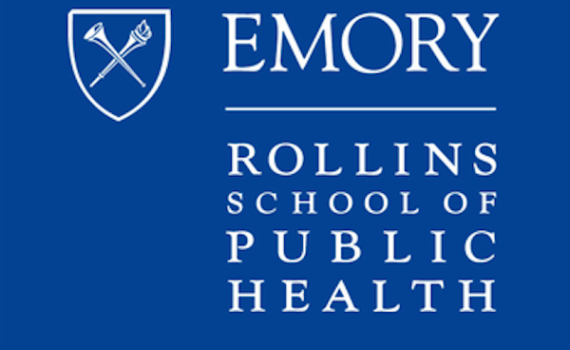
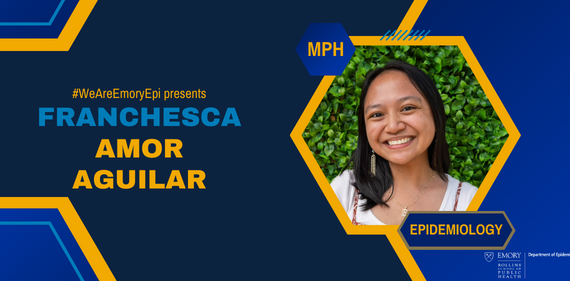
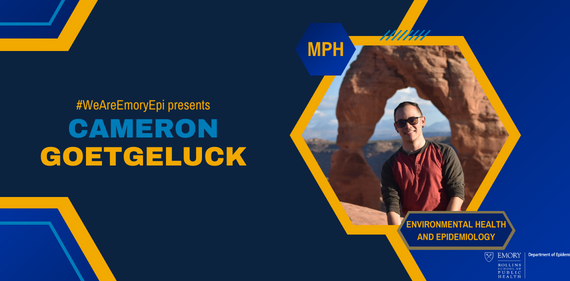
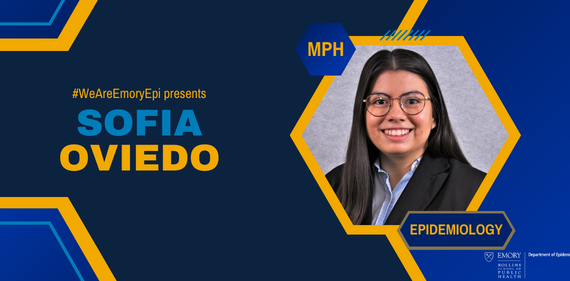
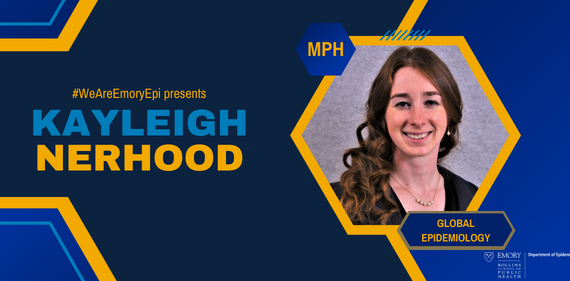
Recent Comments